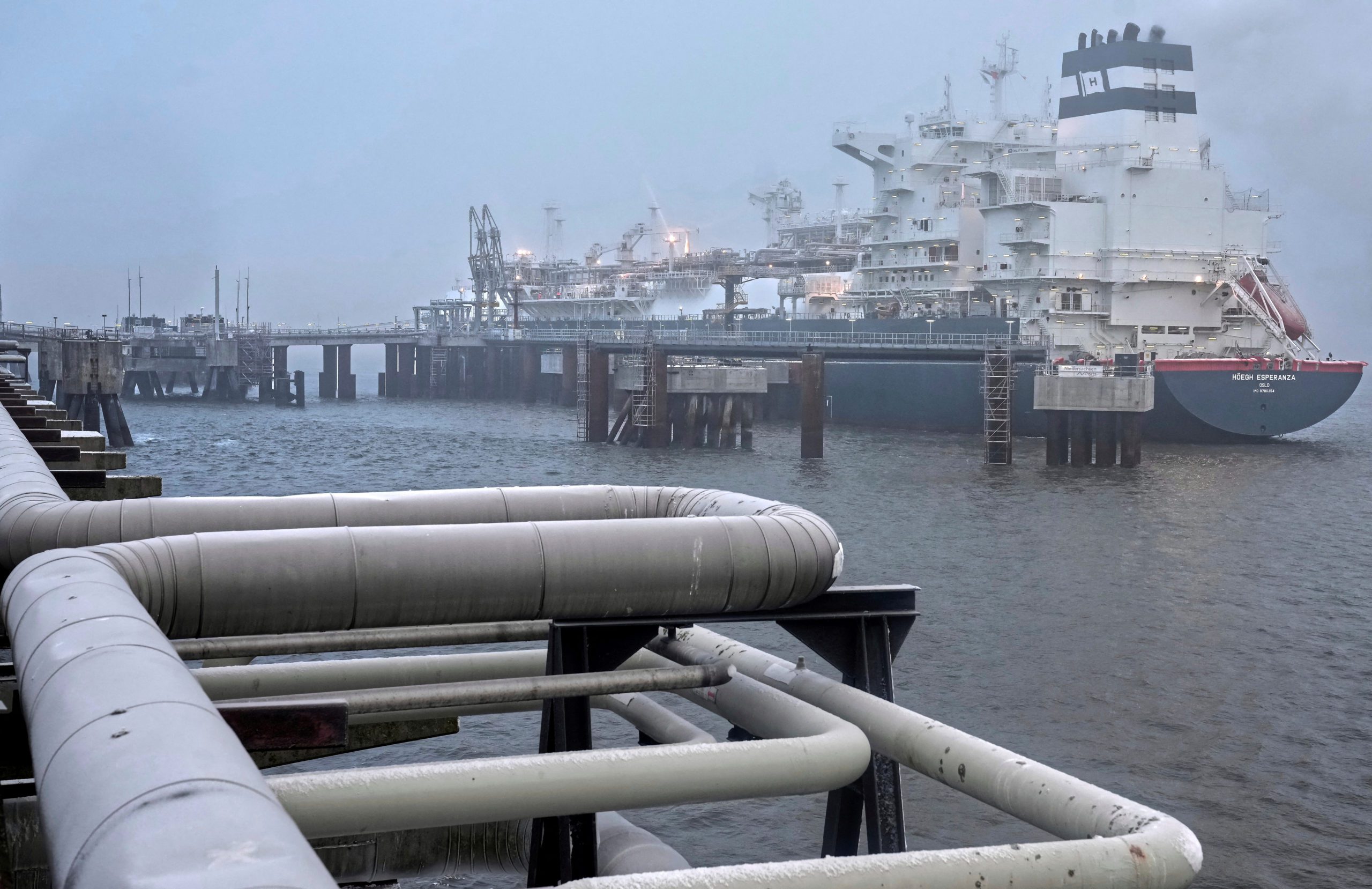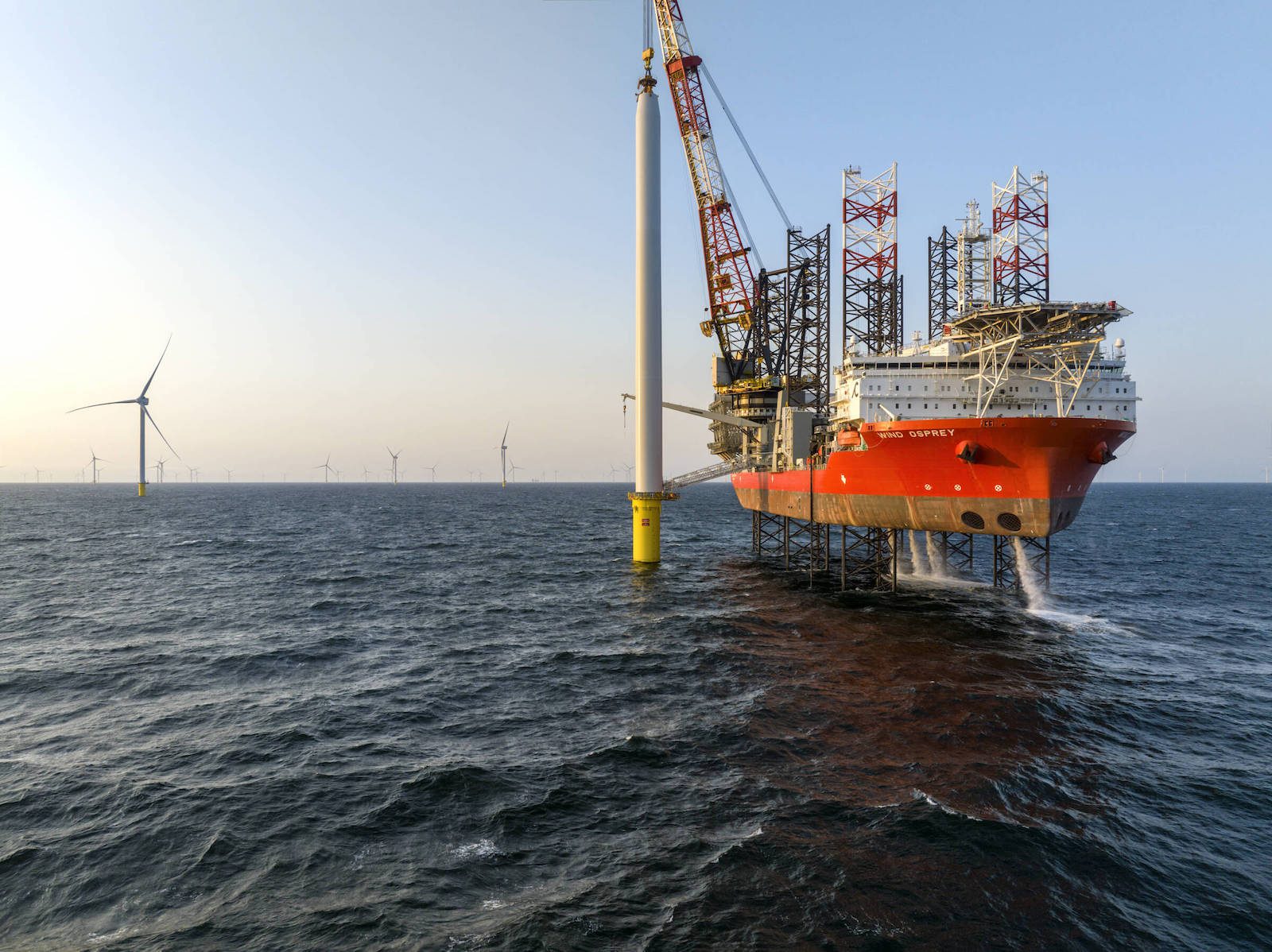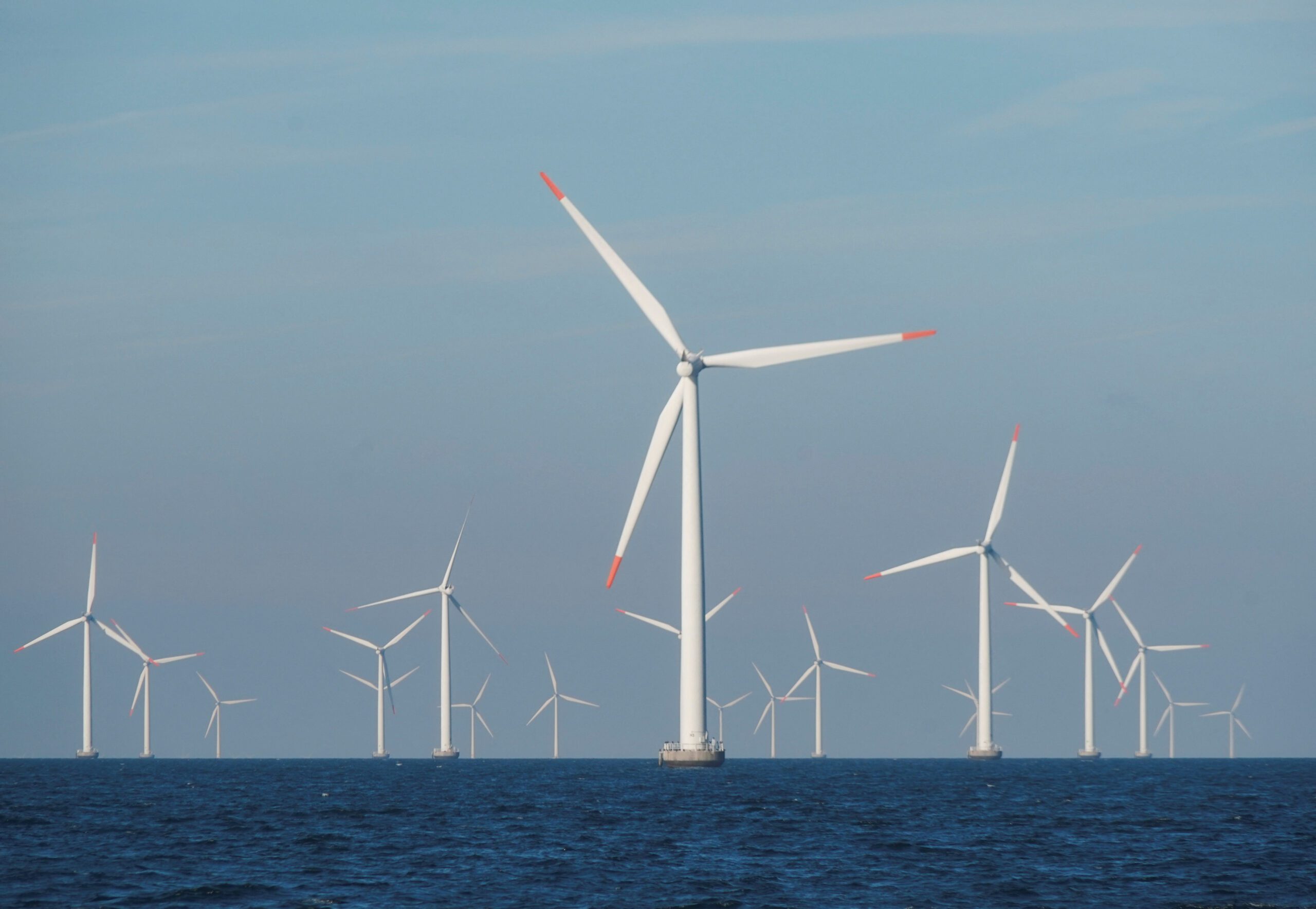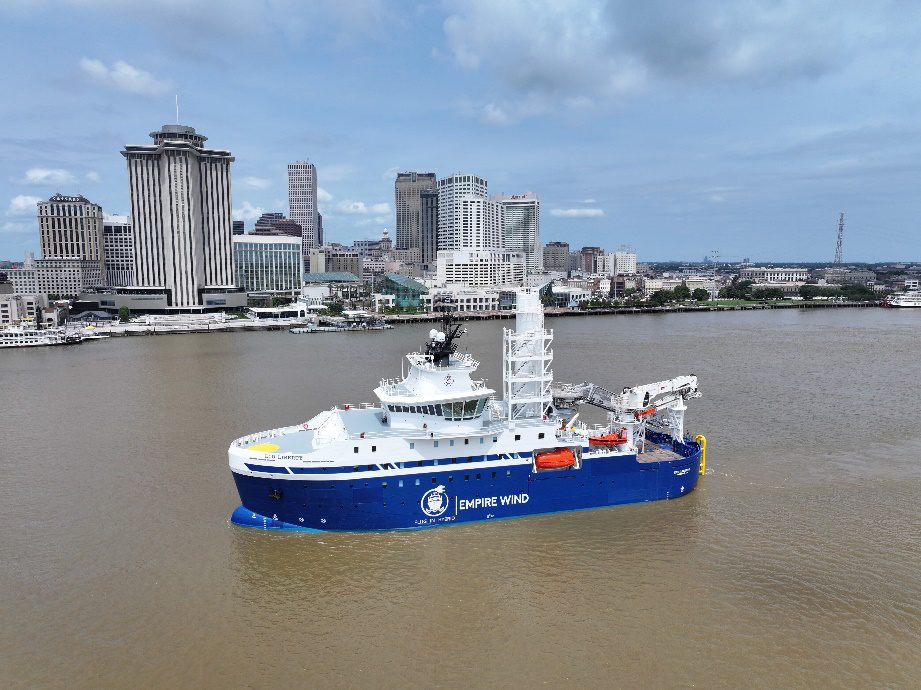By Andreas Rinke and Andi Kranz
WILHELMSHAVEN, Germany, Dec 17 (Reuters) – The speed with which Germany managed to build and link up its first floating gas terminal to replace lost supplies of Russian gas should serve as a model for a new, pacier German economy, Chancellor Olaf Scholz said at the terminal’s opening.
The 90 kilotonne Hoegh Esperanza, a shipborne regasification terminal, will in future be able to supply enough gas for 50,000 households for a year. Further floating liquid natural gas terminals will follow.
“Many said it would be impossible to get it built this year,” a yellow-jacketed Scholz said as he was buffeted by a stiff North Sea winter bluster. “When we work together we can do things at great speed: that’s Germany’s new tempo.”
Much of the work in securing supplies of the lifeblood of Germany’s industrial machine proceeded at breakneck speed, with 26 km of pipeline linking the new terminal to existing grids laid down in just five months. Germany hopes to have 30 billion cubic metres of import capacity by the end of next year.
Russia’s invasion of Ukraine in February left Germany, which for decades prospered from plentiful piped Russian gas, looking for alternative sources of energy once it had decided it did not wish to help finance Moscow’s war.
Despite its wealth and the industrial might that comes from its status as Europe’s largest economy, Germany has often been criticised for its sluggishness in building out infrastructure, with byzantine governance structures and a tradition of thorough consultation often acting as brakes.
Endlessly delayed projects like Berlin’s new airport, opened with insufficient capacity a decade late, or a new transport hub for the city of Stuttgart, have become bywords for the German elephant’s inability to dance.
“The speed with which we built this should be a model for future infrastructure build-outs,” Scholz said. “Not just for this plant but for many others.”
(Writing by Thomas Escritt; Editing by Angus MacSwan)
(c) Copyright Thomson Reuters 2022.

 Join The Club
Join The Club












